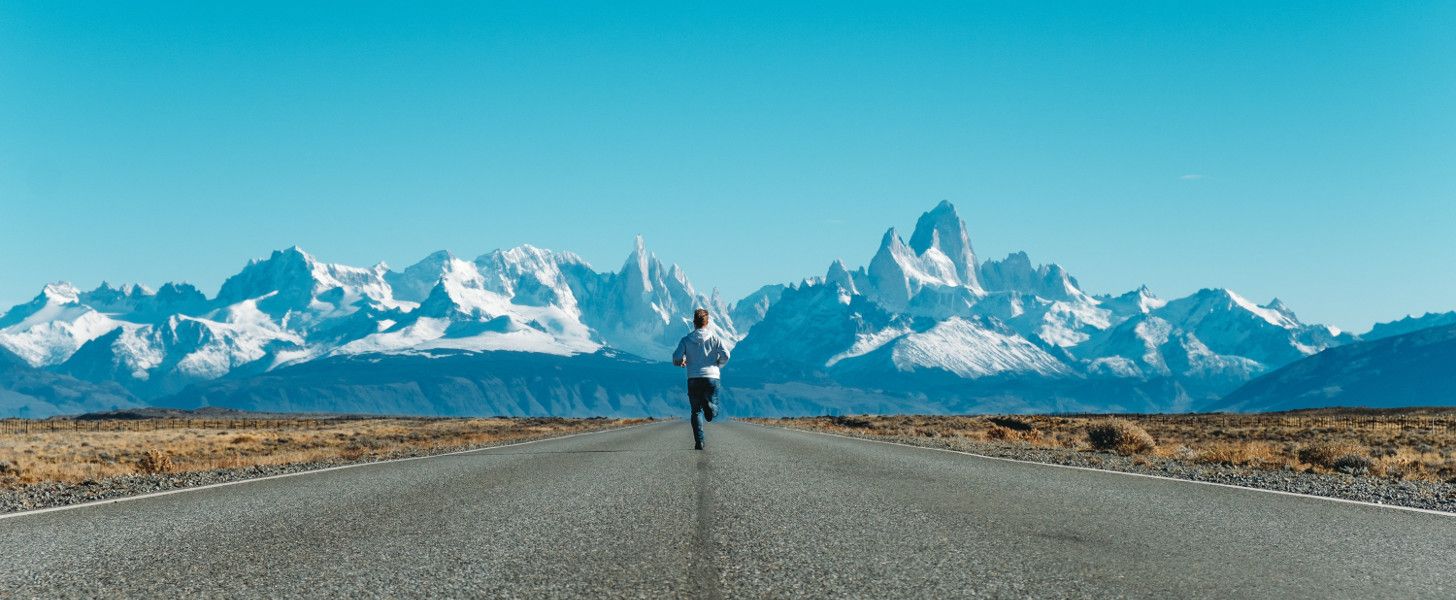On jogging during the lockdown

We are on day 6 of a 21-day Cornavirus-induced lockdown. Businesses are closed, as are shops, and people are meant to stay at home. This kind of pervasive action has far-reaching implications. From the ban of alcohol, to disputes about co-parenting, none are quite as debated as jogging.
As expected, there has been a mixed response from the 'social mediaratti'. But, more and more, I've seen people defend those that have decided to jog regardless by arguing that it should never have been disallowed.
And I agree to an extent, I think that jogging should be allowed; it's hard to get too close to someone hurtling down a sidewalk at whatever speed joggers jog at, not to mention that a little time outdoors can mitigate some of the psychological impacts of 'cabin fever'. But while I stand in the corner of liberty, I also understand that this is a rule, whether I agree with it or not. And since it is a rule, there are consequences for breaking it.
Those that are jogging, or defending those jogging, believe that then being arrested is unjust. Whereas, others believe it's hard to get arrested if you don't jog in the first place. It's a debate that will never be settled because, while one side is arguing whether something should be a rule, the other is arguing whether the rule should be adhered to.
Furthermore, it seems that most people can't grasp that one can agree that jogging shouldn't be banned, and that one shouldn't jog because it is banned, at the same time.
Typically, the argument, in favour of liberty, leads to an extreme example of historical law that was unjust and eventually overturned but only because people acted against it. Part of taking a stand like that, though, is dealing with the consequences that come with it. Anyone can decide to jog during the lockdown, but then shouldn't complain when they are arrested—we know full well what the consequences are.
Besides, if laws are unjust, there are ways to change it. Democracies come pre-fitted with processes for exactly that. And people will argue that those processes are arduous. Yes, because it's important to work through these changes fastidiously, and ensure they continue to maintain order.
In fact, the whole reason the state exists is to maintain this order. And the price of such security is a portion of our liberty.
When humans started farming, the return on violence dramatically increased. Criminals would be able to get a whole lot more in return for their robbing a farm than robbing a hunter, with only the capacity to carry a few items.
So, to feel secure, those farming communities agreed to rules with designated people to enforce them. Those rules turned into laws and those enforcers turned into the state. And to make sure that those laws were fair, constitutions were eventually created.
These consitutions include provisions that deal with dire circumstances, like war or a pandemic, where the state restricts our liberties a little more for the benefit of everyone. It's a trade-off, once again, for increased security. Here it is explained in section 36 of our (South Africa's) constitution:
(1) The rights in the Bill of Rights may be limited only in terms of law of general application to the extent that the limitation is reasonable and justifiable in an open and democratic society based on human dignity, equality and freedom, taking into account all relevant factors, including—
(a) the nature of the right;
(b) the importance of the purpose of the limitation;
(c) the nature and extent of the limitation;
(d) the relation between the limitation and its purpose; and
(e) less restrictive means to achieve the purpose.
(2) Except as provided in subsection (1) or in any other provision of the Constitution, no law may limit any right entrenched in the Bill of Rights.
Sure, it can be abused. But is the ban of jogging, when there is a highly contagious pandemic on the loose, really an abuse?
At the end of the day, this is all very simple. We have rules so that there isn't chaos. We have consequences so people follow those rules. And from there, we can decide whether we abide by them or not. But if we don't, we should accept the consequences without complaint.
So if you want to jog, by all means, jog, but be prepared to be arrested. Or, you can just stay home. There's always yoga.
